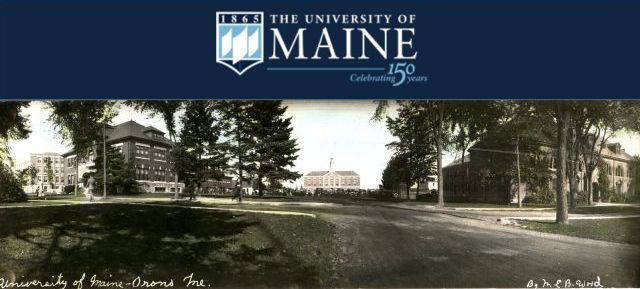
General University of Maine Publications
Document Type
Correspondence
Publication Date
11-5-2024
Abstract/ Summary
Course Description: Pragmatism, understood as a philosophical tradition starting in the 1870s and as a general approach to philosophical inquiry, stands as one of the most important American contributions to philosophy. It is perhaps best characterized by a commitment to (i) an anti-foundationalist and fallibilist model of inquiry and to (ii) the view that the meaning of a concept is determined by its practical consequences. In this seminar, we are especially interested in the application of these commitments to democracy and education in the pragmatist tradition. We start with a careful reading of the classical pragmatists: Charles Sanders Peirce, William James, and John Dewey. In Peirce we find a model of inquiry/learning and a theory of meaning, in James we find an extension of this model of inquiry to questions about value and spirituality, and in Dewey we find a broadening of this model from the individual to a society and an application of it to the study of education and democracy.
Repository Citation
Bowen, Jennifer, "PHI 404 Spring 2025 Semester" (2024). General University of Maine Publications. 3583.
https://digitalcommons.library.umaine.edu/univ_publications/3583
Version
publisher's version of the published document
Rights and Access Note
This Item is protected by copyright and/or related rights. You are free to use this Item in any way that is permitted by the copyright and related rights legislation that applies to your use. In addition, no permission is required from the rights-holder(s) for non-commercial uses. For other uses, you need to obtain permission from the rights-holder(s). For more information, contact Special Collections.


